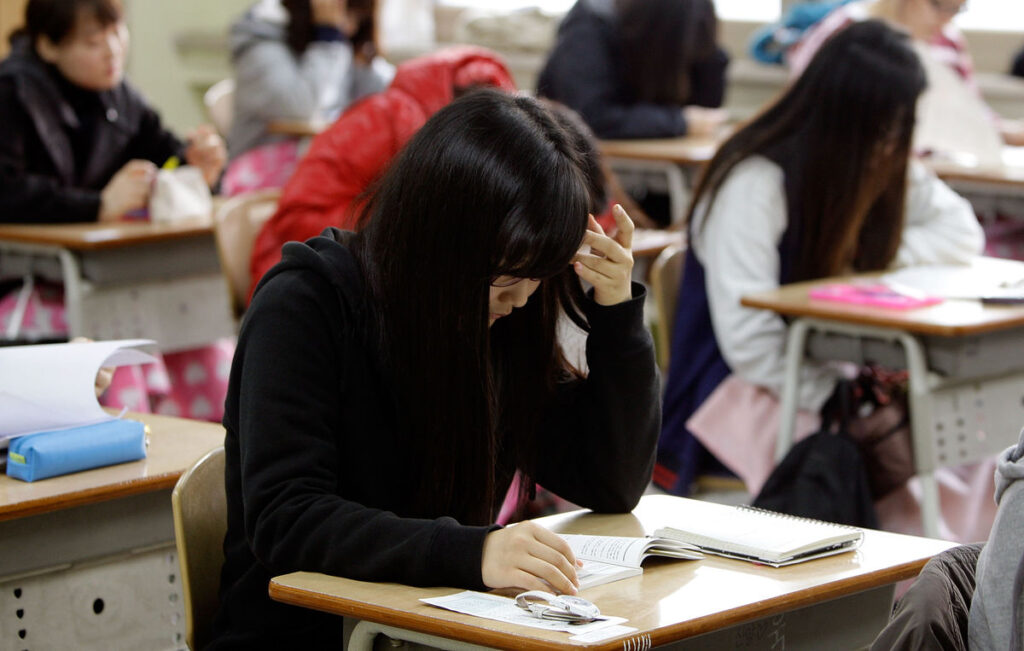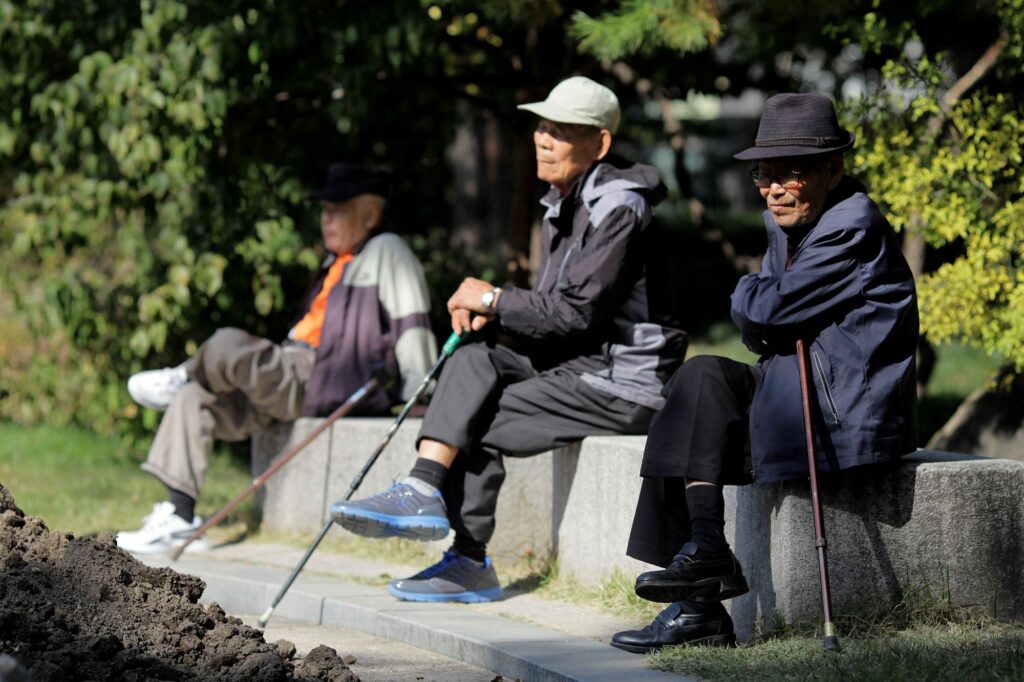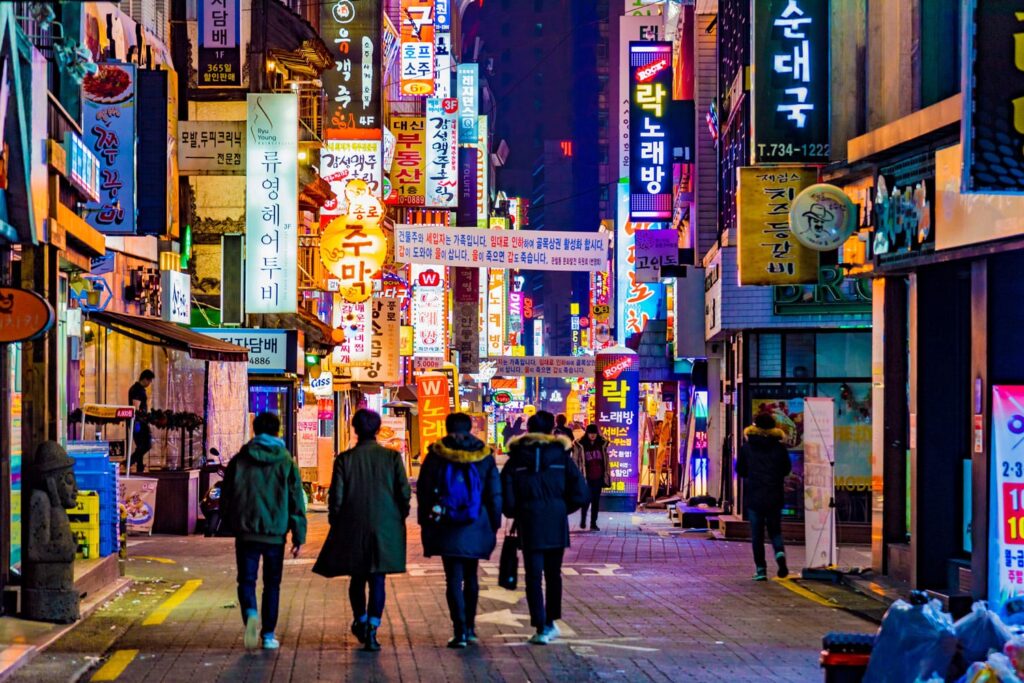South Korea struggles with one of the highest suicide rates in the world, making it a growing issue. Cultural pressures, social challenges, and economic struggles heavily influence this issue. Although South Korea has achieved rapid development and remarkable success, society often overlooks the mental health challenges many faces. To address this crisis, we must explore the reasons behind the high suicide rate and take action to create stronger support systems and raise mental health awareness.
South Korea’s Suicide Crisis
The recent suicide of Parasite actor Lee Sun-kyun highlights South Korea’s alarming suicide rates, a deeply personal issue for me. My aunt, living in Seoul, took her own life after enduring personal tragedies, including losing her daughter to cancer and suffering abuse. Cultural pressures only added to her overwhelming burden.
Another uncle tragically took his own life after moving to the United States to join his wife and children. Despite relocating to be closer to his family, he experienced deep loneliness and neglect, which ultimately led to his despair. His story highlights how social isolation can severely impact mental health, even when surrounded by loved ones.
These stories show how personal struggles, family issues, and societal pressures all play a role in South Korea’s high suicide rates. The stigma surrounding mental health and the intense cultural expectations also make it even harder for people to ask for help. This highlights the urgent need to raise awareness and create better support systems to help those in need.
Youth Suicide in South Korea

South Korea’s high suicide rate among young people is driven by a mix of societal, cultural, and personal pressures. The intense focus on academic success and the competitive education system create enormous stress for students. Many feel overwhelmed by the pressure to excel in school and secure a stable job in a highly competitive market, which leads to anxiety and fear of failure.
Societal expectations also play a significant role in the pressure young people face. As a result, many feel inadequate if they fail to meet traditional standards of success. Even in South Korea’s highly connected society, feelings of isolation and loneliness are widespread. These emotions are often intensified by the fast-paced lifestyle and the constant high demands placed on individuals.
Adding to the problem, the stigma surrounding mental health prevents many from seeking the help they need. This leaves mental health issues untreated, further deepening the crisis. As a result, the challenges faced by young people continue to grow, showing how important it is to make real changes and build better support systems.
Understanding Elderly Suicide

Elderly suicide is a growing concern in many countries, including South Korea, where older adults face unique challenges. Many elderly individuals struggle with loneliness, financial difficulties, and health problems. These issues often lead to feelings of isolation and despair, making them more vulnerable to mental health struggles.
In South Korea, the cultural value of respecting and caring for elders has been changing due to modernization and economic shifts. Many older adults no longer live with their families and feel neglected or forgotten. Financial difficulties, especially for those without proper retirement savings or pensions, also add to the stress. Health problems and a lack of access to mental health care further contribute to the problem.
Rise in Celebrity Suicides

The high suicide rate among celebrities in South Korea happens for many complex reasons. Celebrities face constant attention and criticism from the public and media. Everything they do, and even how they look, is watched closely and judged harshly. This endless scrutiny can harm their mental well-being.
In South Korea’s entertainment industry, there’s a big push to fit in and keep up a perfect image. Celebrities feel they must meet strict societal expectations, which leads to a lot of stress and mental health challenges. This was seen in the struggles of the late actor Lee Sun-kyun.
In addition, social media increases the pressure. While it helps celebrities become more popular, it also exposes them to negative comments, online harassment, and cyberbullying. As a result, this increases their mental strain.
Despite their fame, celebrities can feel isolated because of their demanding jobs. Their busy schedules make it hard to have real personal connections. All these factors show how complicated the issues are that some celebrities face.
Addressing South Korea’s Suicide Crisis
The issue of suicide in South Korea reflects deep societal and cultural challenges that require urgent attention. Whether it affects young people, the elderly, or celebrities, the common thread is the immense pressure and lack of accessible mental health support.
Breaking the stigma around mental health, promoting open conversations, and building strong support systems are essential steps toward addressing this crisis. By fostering a culture of understanding and care, South Korea can work toward reducing its suicide rate and creating a more compassionate society for all.
If you’re interested in understanding more about societal pressures in South Korea, check out these related posts:
- Popularity of Plastic Surgery in Korea – How beauty standards and social pressure contribute to the rise of cosmetic procedures.
- Elderly Care in Korea – The challenges older generations face and how they impact mental health.
- Korean Beauty Standards – The intense expectations around appearance and their effects on self-worth.
- Women’s Role in Korea – How traditional and modern expectations shape the lives of Korean women.














